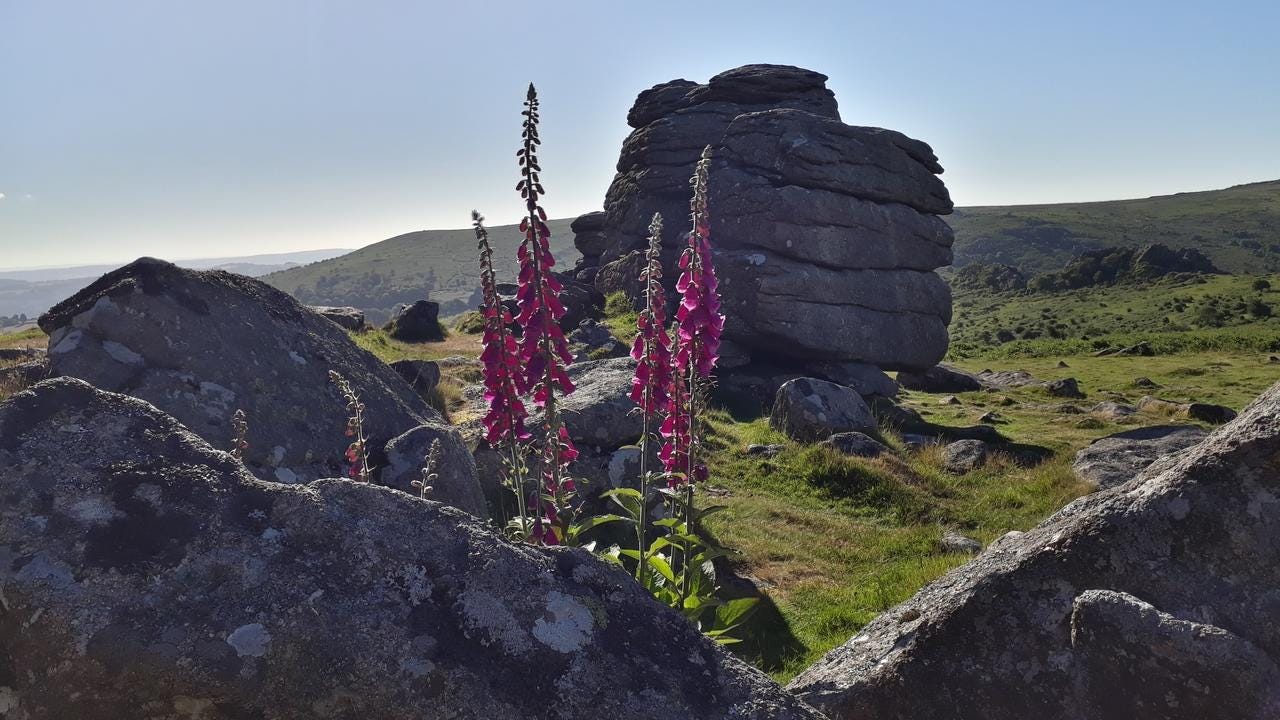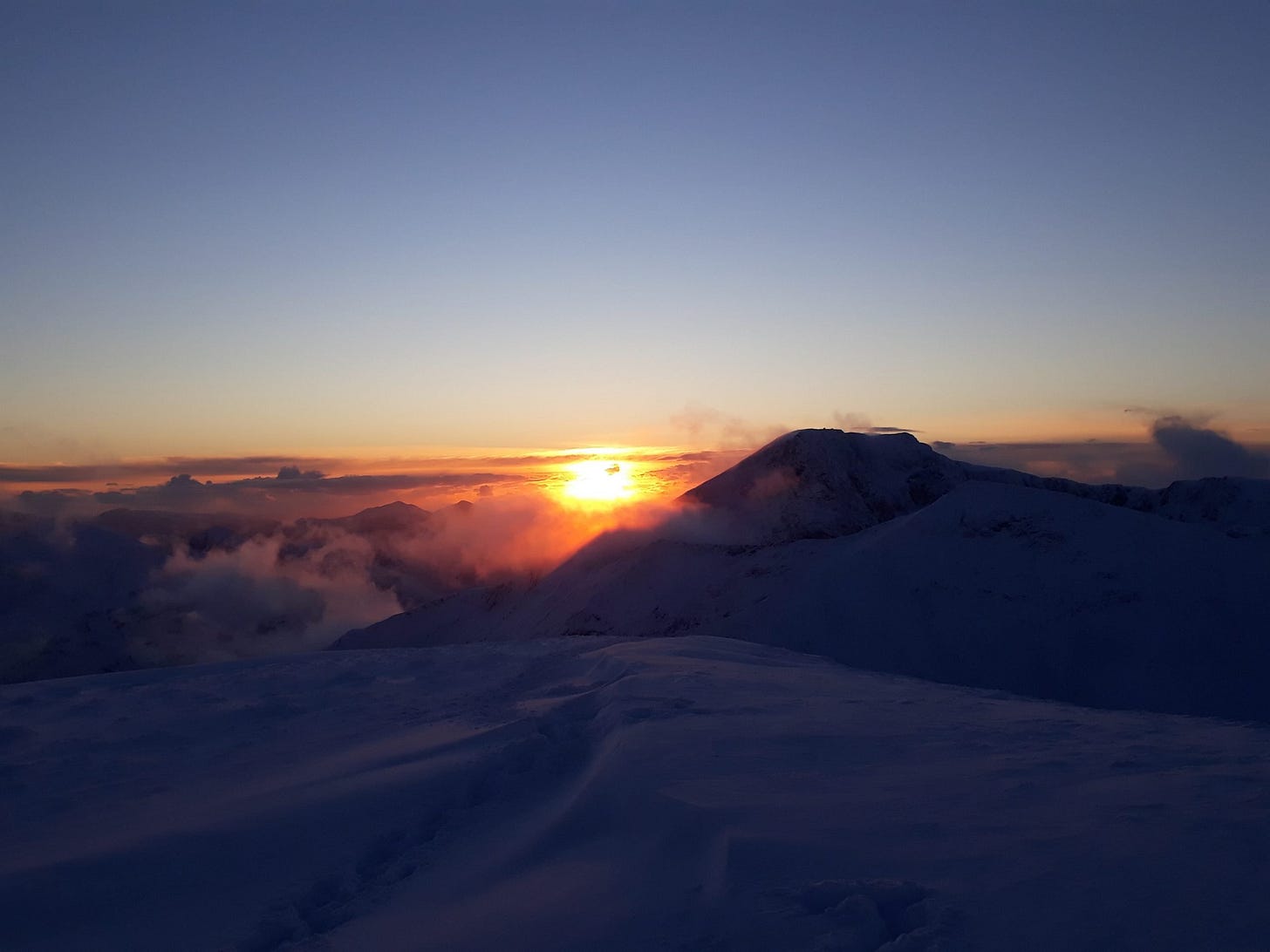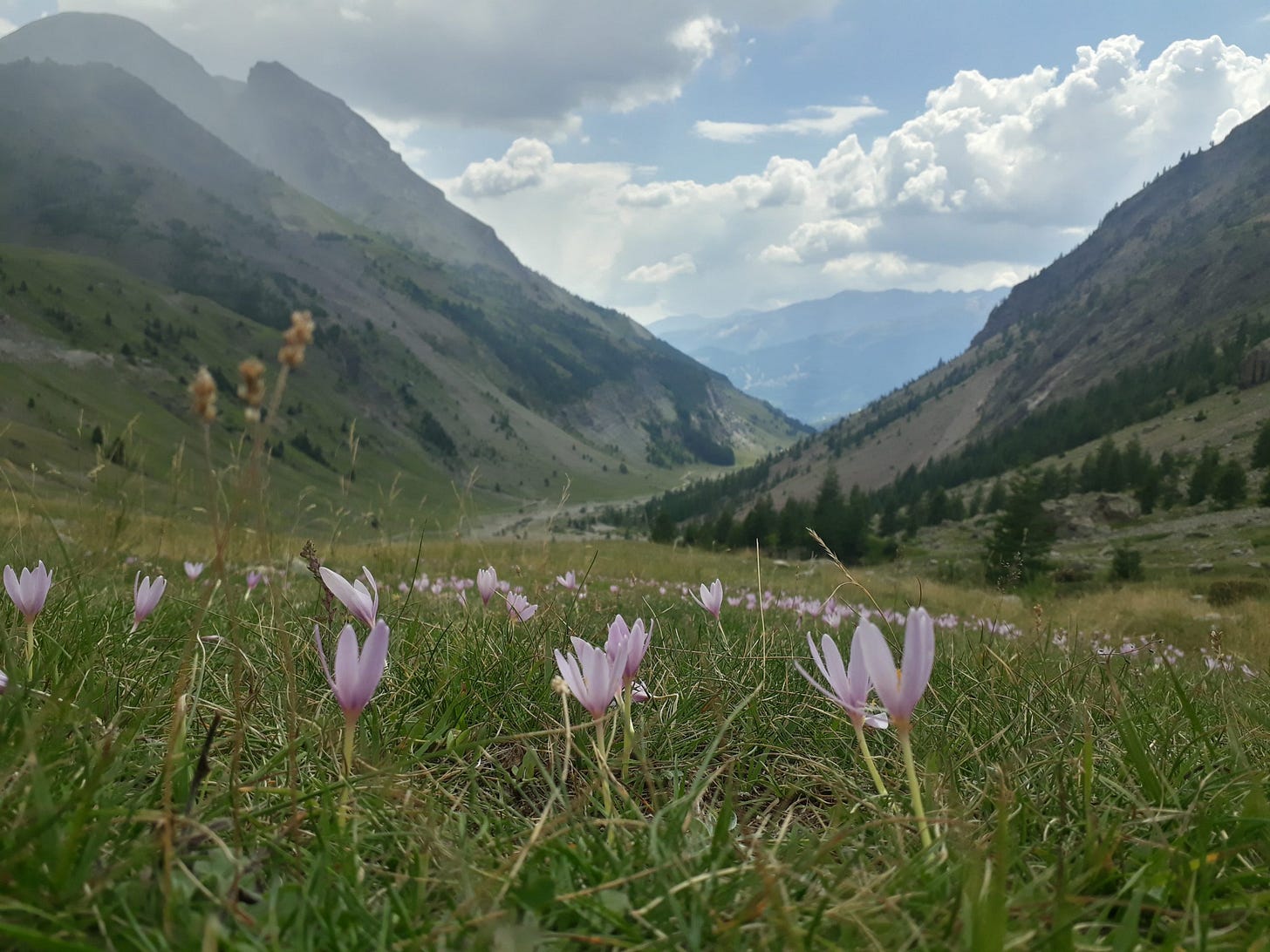Comment: The Myth of #outsideisfree
Recognising Outdoor Privilege
Although I hold up my calloused climber hands and confess that I often use the hashtag #outsideisfree on my Instagram pictures, more and more I’m learning that this couldn’t be further from reality. Living in the UK, the outdoors is never too far away. Mountain biking in National Trust forests, #wildswimming on Britain’s 12 000 km of coastline, or climbing in quarries of years gone by is never far out of range. As a student myself in a relatively large city (Bristol), I have all of this just a stone’s throw away. However to truly live an outdoors lifestyle and to participate in it regularly is a privilege, and is one we must recognise.
The biggest cost of the outdoors is undoubtedly leisure time. The leisure time to train regularly, to plan trips and to gain experience in the outdoors. As a student, I have a flexible schedule which allows me to take the morning off to explore places when they’re at their best; in the middle of the day when no-one else is there. This is a privilege not afforded to most people with a 9-5 job, a looming reality for many students as we watch the last pennies of our student loan tick away. I like to think that everyone has the chance to go for a wander on a Sunday, but with the multi-faceted pressures of ‘real life’ (long live the student bubble!), I fear it’s not always the case. Often weekends are filled with the weekly shop, or looking after children or elderly or disabled relatives. I take it for granted that leisure time is not free, as weekend away inevitably creeps into Friday afternoon and makes Monday mornings knackering. What is more, even if you are able to be a weekend warrior, even just owning a car, let alone running it and parking it, costs a fortune in the most metropolitan areas; a trusty steed or public transport will only get you so far.
On a basic level the gear keeps getting lighter, more effective and more expensive, a lot of which I suppose I could live without. However, when I want to run and cycle and climb and hike and ski, it takes the cost of multiple helmets to cover my own basic safety, let alone the Garmin or the GriGri. What is more, when the rest of the crowd is all wearing the newest Patagonia fleece or Mountain Equipment waterproof, it can be easy to feel like you don’t fit in when you can’t afford a raincoat at £300 a pop. Whilst of course the fell running and road cycling both have their roots in working class communities, leisure and competitive cycling is especially now seen as a middle class pursuit, which transfers across to other sports. To mix in with its 'in-crowd' often requires the money, or the confidence that comes with it, to participate and can feel daunting if you’re an outsider.
This is certainly the experience of Sofiya Cox, ski tourer, free-rider, climber and university student, who says it’s easy to feel excluded when sponsors give out their kit to the people that can afford to spend the time to create media to give to the brand, and other deserving athletes must buy the kit themselves. Sofiya, who has no support from her family in Ukraine either financial or otherwise, says “a lot of people and sponsors don’t understand that to do what you love doing you are having to spin a lot of plates. For me at the worst time that was working 2 jobs, one having 4am starts, and balancing university, and then finding time to go on the hill, or plan a trip abroad. It was really tough, but I felt a lot of pressure to be constantly out and going after it from the social media of people being financed by their parents”.
She said a lot of people just don’t understand when she doesn’t have money to do stuff; “I was berated by a few people for being ‘lazy’ for not making it out to Canada, and they have zero comprehension of what it is like to be super financially self-sufficient. This thing sort of gets worse too when you can demonstrate that on a yearly frequency you get to do some spectacular international things. It’s like some sort of heuristic illusion of constantly being able to keep up with the superfluously affluent Jones’”.
As for micro-adventures, some people might say “anyone can go into the woods and camp for the night”. However, this requires either a tent, sleeping bag, or bivvy bag up to the job, as well as the knowledge of local areas and the means to get there. Equally, I certainly wouldn’t have the confidence in my own map reading skills or ability to read the environment and the weather without my Mountain Leader training, which was £280 for the course itself, plus the transport, accommodation and food for the week. Anyone can bivvy in a forest, but it takes knowledge to do it regularly and safely.
Mountain bike instructor Sanesh Iyer told me “Of course in some cases, hiking is cheaper than any other forms of recreation. Trail work costs money, but this is mostly paid for in taxes and donations. You have to contextualise when you’re talking about widening participation in the outdoors”. As he sees it there are lots of cultural, geographic, political and other influences which go some way to explaining why outdoors clubs aren’t particularly representative of UK society. The barriers to the outdoors cross more than just financial lines too, and the intersections are complex.
However, being the only instructor of colour where he rides, he hopes that by just being an active member of the outdoors community it will be a lot less monolithic in terms of race and faith, as well as class, and people of colour won’t feel excluded from the 'in-crowd'. In the UK, clubs like Boots and Beards, Bonnie Boots and Brothers on Bikes are all outdoors sports clubs whose missions include widening access to the natural environment and welcoming people of all communities.
Like many people in the outdoors community I was lucky to grow up in the countryside, and in my case about 10 metres from an RSPB nature reserve. However, again this relies on being able to afford a house in the middle of nowhere, as opposed to the middle of concrete, glass and traffic, which doesn’t exactly inspire you to be outside, no matter how #free it is.
Equally, a lot of those working in the outdoors community come from rural backgrounds where it is easier to clock up those Mountain Leader Days. But to fund the training and career progression to become a Mountain Guide can be as expensive as a university degree, and there’s little by the way of grants to get you there. This makes it much harder for working class outdoors enthusiasts who want to make a career in the outdoors.
So this blogpost is me un-hashtagging outside is free. I acknowledge my privilege and the luck I have to enjoy the outdoors on such a regular basis. Long live ML training subsidies and clubs which go a long way to make a weekend in the mountains more accessible to many. The next time you step out of your car at the Ogwen Cottage car park, pull on your brand-new belay jacket at the base of the crag or indeed reach for the ‘#’ on your phone, remember how lucky you are to have such freedom to enjoy the outdoors.
Written by Megan Clark. Megan Clark is a French and Politics student at the University of Bristol, and you're likely to find her procrastinating in the hilly forests and the crags of the South West. A firm advocate of the 'jack of all trades, master of none' approach, Meg enjoys trail running, climbing, road cycling and ski touring - usually with a pub or café at the end, of course. You can follow her on instagram: @meganhwclark.




